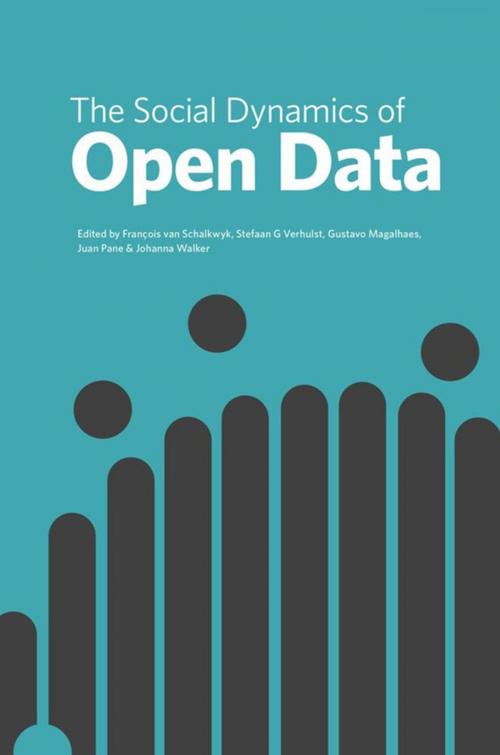The Social Dynamics of Open Data
Nonfiction, Reference & Language, Language Arts, Library & Information Services, Business & Finance, Economics, Reference| Author: | ISBN: | 9781928331582 | |
| Publisher: | African Minds | Publication: | December 17, 2017 |
| Imprint: | African Minds | Language: | English |
| Author: | |
| ISBN: | 9781928331582 |
| Publisher: | African Minds |
| Publication: | December 17, 2017 |
| Imprint: | African Minds |
| Language: | English |
The Social Dynamics of Open Data is a collection of peer reviewed papers presented at the 2nd Open Data Research Symposium (ODRS) held in Madrid, Spain, on 5 October 2016. Research is critical to developing a more rigorous and fine-combed analysis not only of why open data is valuable, but how it is valuable and under what specific conditions. The objective of the Open Data Research Symposium and the subsequent collection of chapters published here is to build such a stronger evidence base. This base is essential to understanding what open data’s impacts have been to date, and how positive impacts can be enabled and amplified. Consequently, common to the majority of chapters in this collection is the attempt by the authors to draw on existing scientific theories, and to apply them to open data to better explain the socially embedded dynamics that account for open data’s successes and failures in contributing to a more equitable and just society.
The Social Dynamics of Open Data is a collection of peer reviewed papers presented at the 2nd Open Data Research Symposium (ODRS) held in Madrid, Spain, on 5 October 2016. Research is critical to developing a more rigorous and fine-combed analysis not only of why open data is valuable, but how it is valuable and under what specific conditions. The objective of the Open Data Research Symposium and the subsequent collection of chapters published here is to build such a stronger evidence base. This base is essential to understanding what open data’s impacts have been to date, and how positive impacts can be enabled and amplified. Consequently, common to the majority of chapters in this collection is the attempt by the authors to draw on existing scientific theories, and to apply them to open data to better explain the socially embedded dynamics that account for open data’s successes and failures in contributing to a more equitable and just society.















